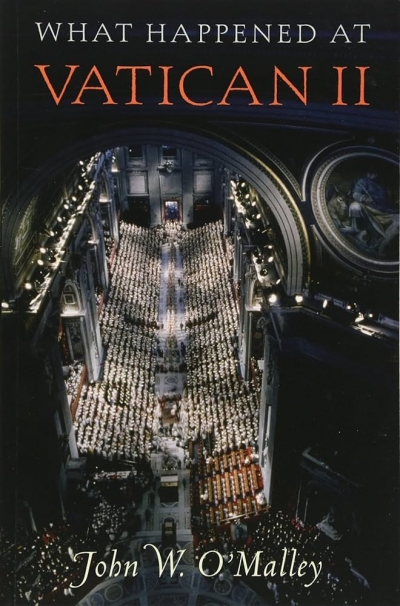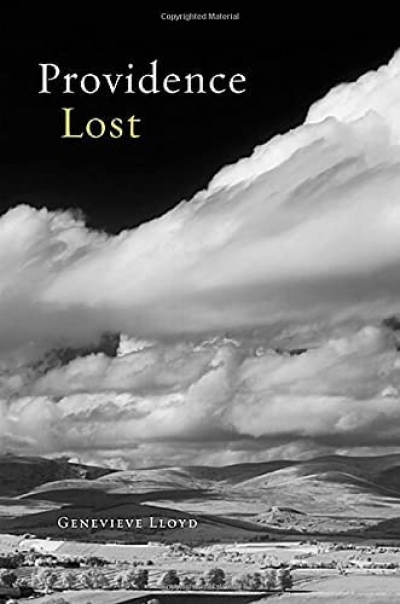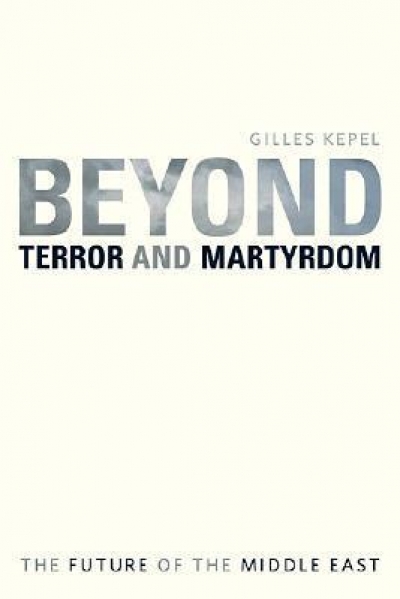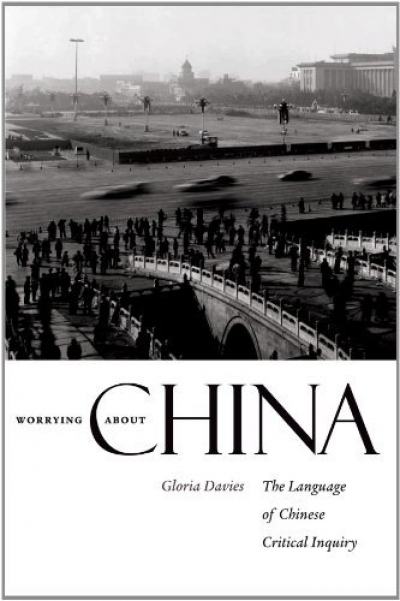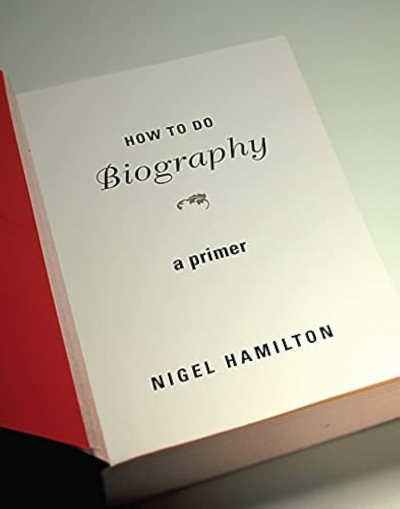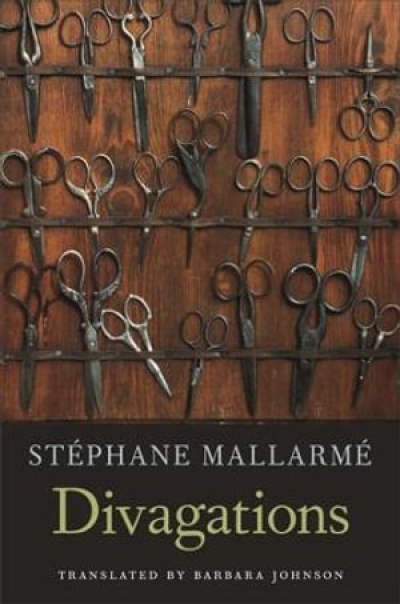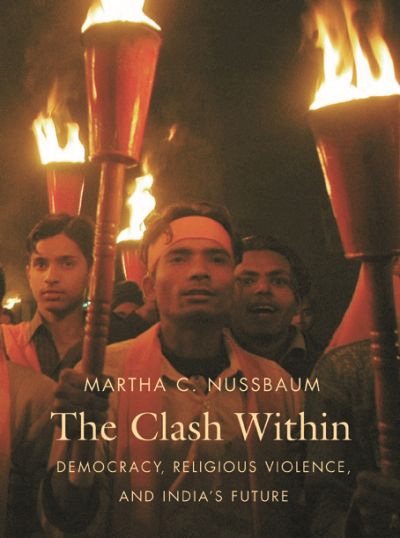Harvard University Press
How to Write History That People Want to Read by Ann Curthoys and Ann McGrath & Voice and Vision by Stephen J. Pyne
by Stuart Macintyre •
What Happened at Vatican II by John W. O’Malley & Keepers of the Keys of Heaven by Roger Collins
by Paul Crittenden •
Beyond Terror and Martyrdom: The Future of the Middle East by Gilles Kepel
by Shahram Akbarzadeh •
The Taliban and the Crisis of Afghanistan by Robert D. Crews and Amin Tarzi (eds)
by Riaz Hassan •
Worrying About China: The language of Chinese critical inquiry by Gloria Davies
by Francesca Beddie •
The Clash Within: Democracy, religious violence, and India's future by Martha C. Nassbaum
by Joan Grant •


